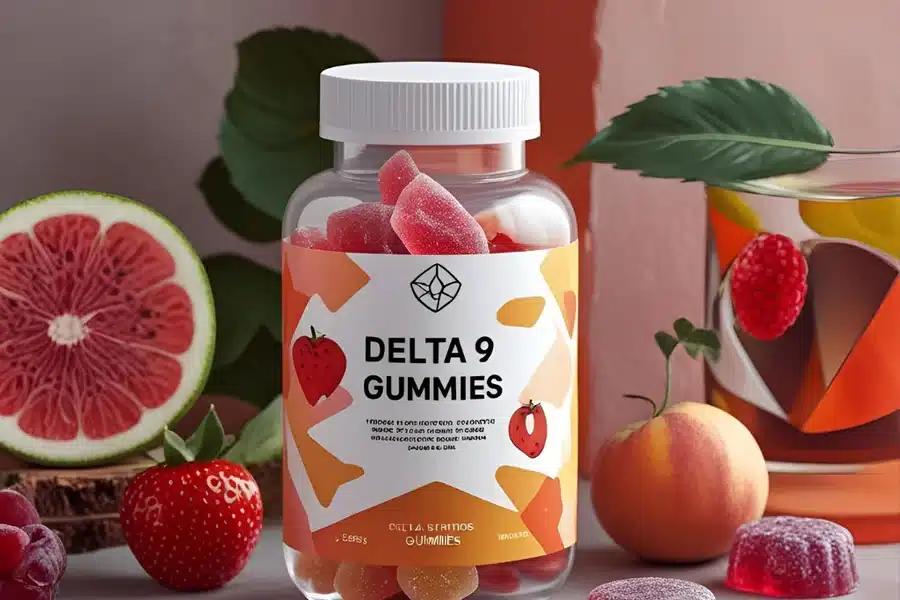
Cannabis connoisseurs seeking a tasty, hassle-free experience are increasingly choosing Delta 9 THC gummies. These gummies provide a fun and discreet way to get the benefits of THC because of their candy-like appearance and simple dosage. However, how do they stack up against other methods of Delta 9 consumption like topicals, tinctures, capsules, smoking, and vaping?
In this article, we break down the main differences between Delta 9 gummies and other THC products, covering things like onset time, duration of effects, convenience, and overall user experience.
Are Delta 9 Gummies a Good Choice?
In many cases, yes, according to Indacloud. Delta 9 gummies offer several advantages, especially for those looking for a simple, portable, and controlled method of consuming THC. Because they are digested, the effects last longer than other fast-acting methods like vaping or smoking. They’re often used for:
- Stress relief
- Sleep support
- Pain management
- Overall relaxation
Comparing Delta 9 Gummies to Other THC Formats
Delta-9 THC is available in multiple forms, each offering a unique experience depending on your personal preferences and needs. According to Indacloud, Delta 9 gummies are favored for their taste, long-lasting effects, and ease of use.
1. Delta 9 Gummies vs. Tinctures
Tinctures are concentrated THC oils taken under the tongue. They absorb quickly—usually within 15 to 30 minutes—and offer high bioavailability, but many dislike their bitter, herbal taste.
Gummies pass through the digestive system and take 30–90 minutes to work, but their effects can last 6–8 hours. They also taste better, making them beginner‑friendly.
2. Delta 9 Gummies vs. Vapes
If you want immediate relief, vaping Delta 9 THC delivers. It enters your lungs and hits your system within minutes, making it a popular option for on-the-spot stress or pain relief. However, the effects don’t last around 2 to 3 hours.
3. Delta 9 Gummies vs. Capsules
Both gummies and capsules are consumed orally, so they share a similar onset and duration of effects. Capsules are great if you want tasteless, pharmaceutical-style dosing.
Conversely, gummies win when it comes to taste, visual appeal, and flexibility. You can cut a gummy in half for a lighter dose, while capsules usually come in set amounts.
Why So Many Users Prefer Gummies
Here’s why Delta 9 gummies are such a hit among casual and experienced THC users alike:
- No Equipment Needed: Just pop one out of the pack—no smoking gear or droppers required.
- Discreet: They look like candy and don’t have a cannabis smell, so they’re easy to use in public.
- Accurate Dosing: Each gummy is pre-measured, so it’s easier to control how much THC you consume.
- Flavorful: Fruity, sweet, and enjoyable—no bitter taste like tinctures.
- Long-Lasting: Though slower to start, the effects often last several hours.
- No Smoke or Vapor: Ideal for users who want a clean, inhalation-free experience.
Final Thoughts
Delta 9 gummies provide a well-balanced combination of taste, long-lasting effects, and convenience if you’re experimenting with THC products. Many users find the wait well worth it, even though they take a little longer to start working than other approaches. They are suitable for beginners, simple to take, and sufficiently discreet for daily use.
Whether you’re managing stress, trying to sleep better, or just looking to relax, gummies may be the best fit—especially if you prefer an enjoyable, no-fuss approach.
Those interested in learning more about product options and usage tips may consider researching reputable third-party resources for further guidance.
Frequently Asked Questions
Can I travel with Delta-9 gummies?
Traveling with Delta‑9 gummies depends on local laws. While hemp‑derived gummies are legal in some areas, they may be restricted elsewhere. Always check regulations before you go.
What’s the difference between hemp-derived and marijuana-derived Delta-9 gummies?
Hemp-derived Delta-9 gummies are made from federally legal hemp and contain no more than 0.3% THC by dry weight. Marijuana-derived gummies come from cannabis plants with higher THC concentrations and are only legal in states where recreational or medical marijuana is permitted.
